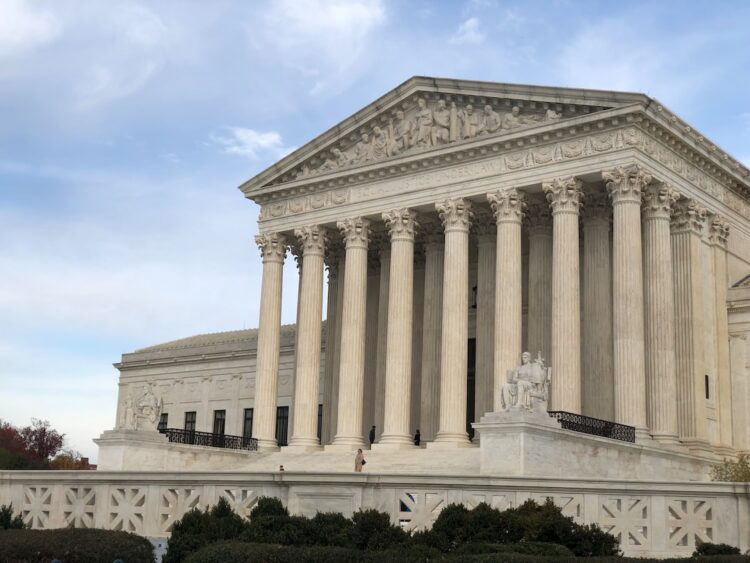The Basics of Copyright Law for Artists and Creators
As an artist or creator, it is crucial to have a basic understanding of copyright law. Copyright protects your original works, ensuring that you have the exclusive rights to reproduce, distribute, display, and perform your creations. In this blog post, we will discuss the fundamental principles of copyright law and provide guidance on how to protect your artistic endeavors.
What is Copyright?
Copyright is a legal framework that grants creators exclusive rights over their original works. It applies to various forms of creative expression, including paintings, photographs, sculptures, music, literature, films, and software. Copyright protection is automatic and arises as soon as a work is created and fixed in a tangible medium of expression. Registration with a copyright office is not required but is advisable for additional legal benefits.
Exclusive Rights of Copyright Holders
As the copyright holder, you have several exclusive rights over your work. These include the right to:
1. Reproduce: Recreate or make copies of your work.
2. Distribute: Control the first distribution of your work to the public.
3. Display: Exhibit or put your work on public display.
4. Perform: Present your work publicly (applies to performing arts, music, films, etc.).
5. Derivative Works: Create new works based on your original (e.g., adaptations or translations).
Copyright Infringement
Copyright infringement occurs when someone uses your work without permission or violates any of the exclusive rights you possess as the copyright holder. It is essential to identify potential infringement to protect your rights and seek appropriate legal remedies.
Fair Use and Copyright
Fair use is a legal doctrine that allows limited use of copyrighted material without permission, under specific circumstances. Fair use applies for purposes such as criticism, comment, news reporting, teaching, scholarship, and research. Determining fair use can be challenging, as it depends on factors such as the purpose and character of the use, the nature of the copyrighted work, the amount and substantiality of the portion used, and the effect on the market for the original work.
Copyright Registration
Although copyright protection is automatic, registering your work with the copyright office offers additional legal benefits. Registration creates a public record of your copyright claim and allows you to seek statutory damages and attorney’s fees if your work is infringed. If you plan to enforce your rights or distribute your work widely, registration is highly recommended.
Copyright Notices
Including a copyright notice on your work is not a legal requirement but serves as a simple way to notify others of your copyright claim. A proper copyright notice consists of three elements: the copyright symbol ©, the year of first publication, and the copyright owner’s name. For example, “© 2022 John Doe.” Including a notice can deter potential infringers and support your legal case in the event of infringement.
International Copyright Protection
Copyright laws vary from country to country. However, international copyright treaties, such as the Berne Convention and the Universal Copyright Convention, provide a level of protection in multiple countries. If you plan to distribute or display your work internationally, it is essential to familiarize yourself with copyright laws in the jurisdictions you intend to operate.
Copyright Duration
Copyright protection lasts for a specific duration, typically the creator’s lifetime plus an additional period after their death. In many countries, including the United States, copyright duration is typically 70 years after the creator’s death. Understanding the duration of copyright is crucial if you plan to use or incorporate existing works in your creations.
Copyright and Licensing
As a copyright holder, you have the power to grant licenses for others to use your work. Licensing allows you to control how your work is used and earn royalties from its exploitation. When entering into licensing agreements, it is essential to clearly define the rights being granted, the compensation, and any limitations or restrictions on the use of your work.
Conclusion
As an artist or creator, understanding the basics of copyright law is essential for protecting and leveraging your creative works. By knowing your rights, identifying potential infringement, registering your work, and utilizing licensing agreements, you can safeguard your artistic endeavors and ensure that you receive proper recognition and compensation for your creations.












